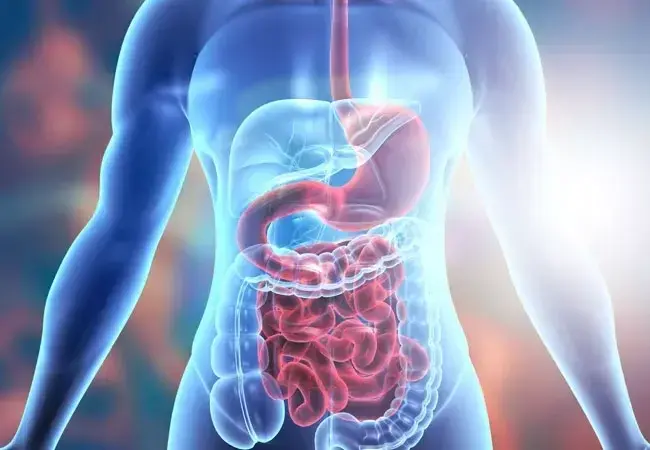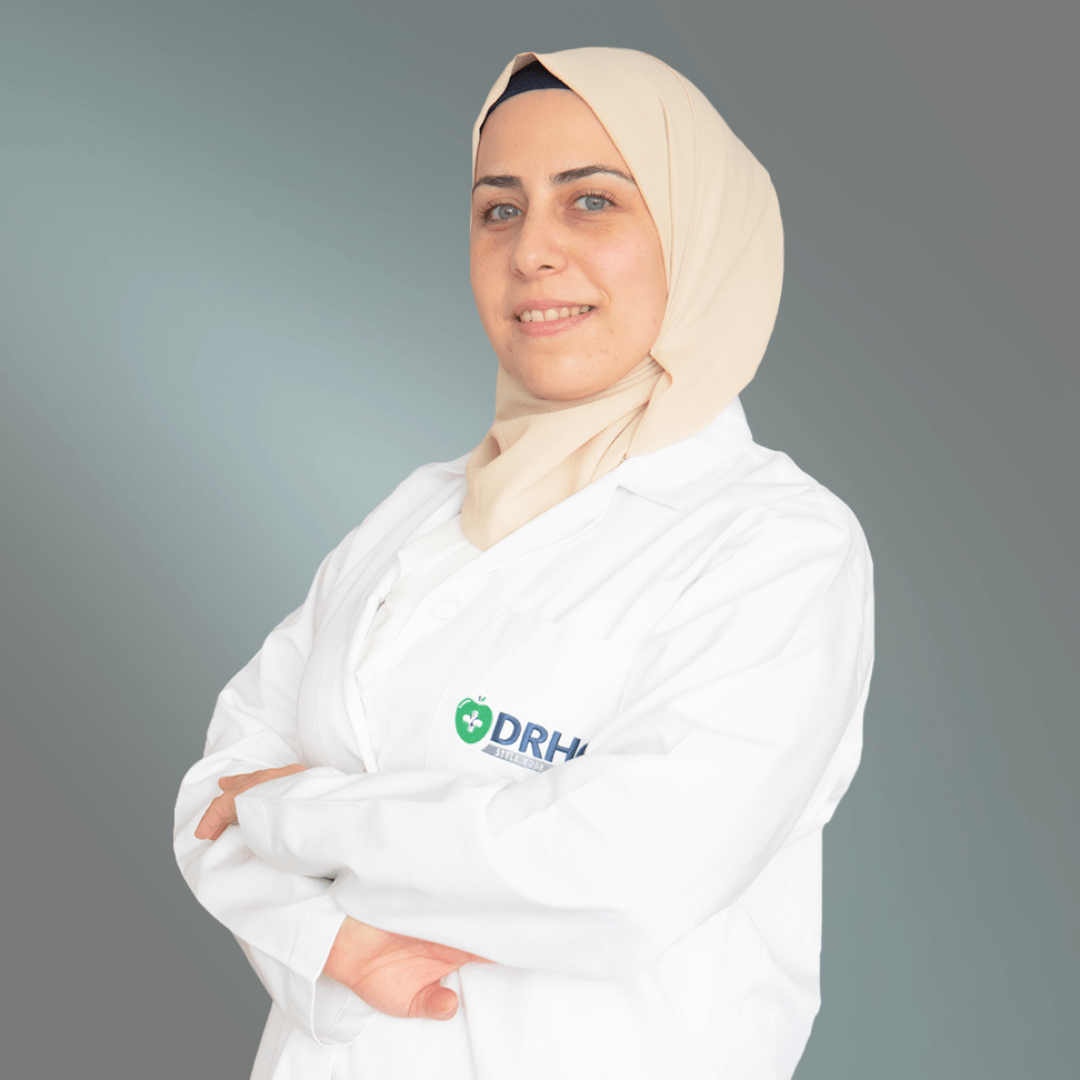Oesophageal Motility Disorders at DRHC Dubai Gastroenterology Clinic
What are Oesophageal Motility Disorders?
Oesophageal motility disorders refer to conditions that affect the normal movement of the oesophagus, preventing it from efficiently pushing food and liquids from the throat into the stomach. These disorders can cause difficulty swallowing (dysphagia), chest pain, and regurgitation, significantly impacting an individual’s quality of life.
Types of Oesophageal Motility Disorders
Several conditions fall under oesophageal motility disorders, including:
- Achalasia: A rare condition where the lower oesophageal sphincter (LES) fails to relax properly, causing difficulty in passing food into the stomach.
- Diffuse Oesophageal Spasm (DES): Characterised by uncoordinated and sometimes painful contractions of the oesophagus.
- Nutcracker Oesophagus (Hypertensive Peristalsis): Causes excessively strong and painful contractions in the oesophagus.
- Ineffective Oesophageal Motility (IEM): A condition where the oesophageal contractions are weak or absent, leading to difficulty in moving food.
- Jackhammer Oesophagus: A severe form of nutcracker oesophagus with very high-pressure contractions.
Causes and Risk Factors
The exact cause of oesophageal motility disorders is not always clear, but several factors may contribute:
- Neurological conditions (e.g., Parkinson’s disease, multiple sclerosis)
- Autoimmune diseases (e.g., scleroderma, which affects connective tissue)
- Aging (natural weakening of oesophageal muscles over time)
- Gastroesophageal reflux disease (GERD), which may damage oesophageal nerves and muscles
- Genetic predisposition
- Viral infections that impact nerve function in the oesophagus
Symptoms of Oesophageal Motility Disorders
The symptoms vary depending on the specific disorder, but commonly include:
- Difficulty swallowing (dysphagia)
- Regurgitation of food or liquids
- Chest pain or discomfort (often mistaken for heart-related conditions)
- Heartburn or acid reflux
- Unexplained weight loss
- The sensation of food getting stuck in the chest or throat
- Coughing or choking while eating
Diagnosis of Oesophageal Motility Disorders
To accurately diagnose an oesophageal motility disorder, several tests may be performed:
- Oesophageal Manometry: Measures muscle contractions and pressure in the oesophagus.
- Barium Swallow Test: A special X-ray that assesses the swallowing process.
- Endoscopy (Upper GI Endoscopy): Allows direct visualisation of the oesophagus to detect abnormalities.
- 24-hour pH Monitoring: Evaluates acid reflux and its impact on oesophageal function.
- Impedance Testing: Assesses liquid and gas movement in the oesophagus.
Treatment Options
Treatment for oesophageal motility disorders depends on the type and severity of the condition:
1. Medications
- Calcium Channel Blockers & Nitrates: Help relax the lower oesophageal sphincter (LES).
- Proton Pump Inhibitors (PPIs): Reduce acid reflux symptoms.
- Botulinum Toxin (Botox) Injections: Used for achalasia to relax tight muscles.
2. Lifestyle and Dietary Changes
- Eat smaller, more frequent meals.
- Avoid spicy, acidic, and very hot or cold foods.
- Drink plenty of water with meals.
- Avoid lying down immediately after eating.
3. Endoscopic and Surgical Treatments
- Pneumatic Dilation: A balloon is inserted and inflated to widen the oesophageal sphincter in achalasia patients.
- Peroral Endoscopic Myotomy (POEM): A minimally invasive procedure that cuts tight oesophageal muscles
- Heller Myotomy: A surgical procedure to relieve muscle tightness in the oesophagus.
- Fundoplication: In cases where GERD contributes to motility issues, this procedure strengthens the lower oesophageal sphincter.
Why Choose DRHC Dubai for Oesophageal Motility Disorder Treatment?
At DRHC Dubai, our expert gastroenterologists and digestive health specialists provide:
- State-of-the-art diagnostic facilities for accurate assessment.
- Minimally invasive and advanced surgical options for effective treatment.
- Personalised treatment plans tailored to each patient's condition.
- Multidisciplinary care involving dietitians, surgeons, and physiotherapists for comprehensive management.
.png?width=281&height=59&name=bookanappointment%20(1).png)
Dubai Gastroenterology Clinic—Dr. Rami Hamed Center now provides the leading gastroenterologist in Dubai for Gastric balloons, Colonoscopies, Colon Cancer Screening, and more. DRHC offers highly qualified liver specialist doctors in Dubai. Call +97142798200 to Book your Appointment Today at DRHC Dubai.




.png?width=281&height=59&name=bookanappointment%20(1).png)




